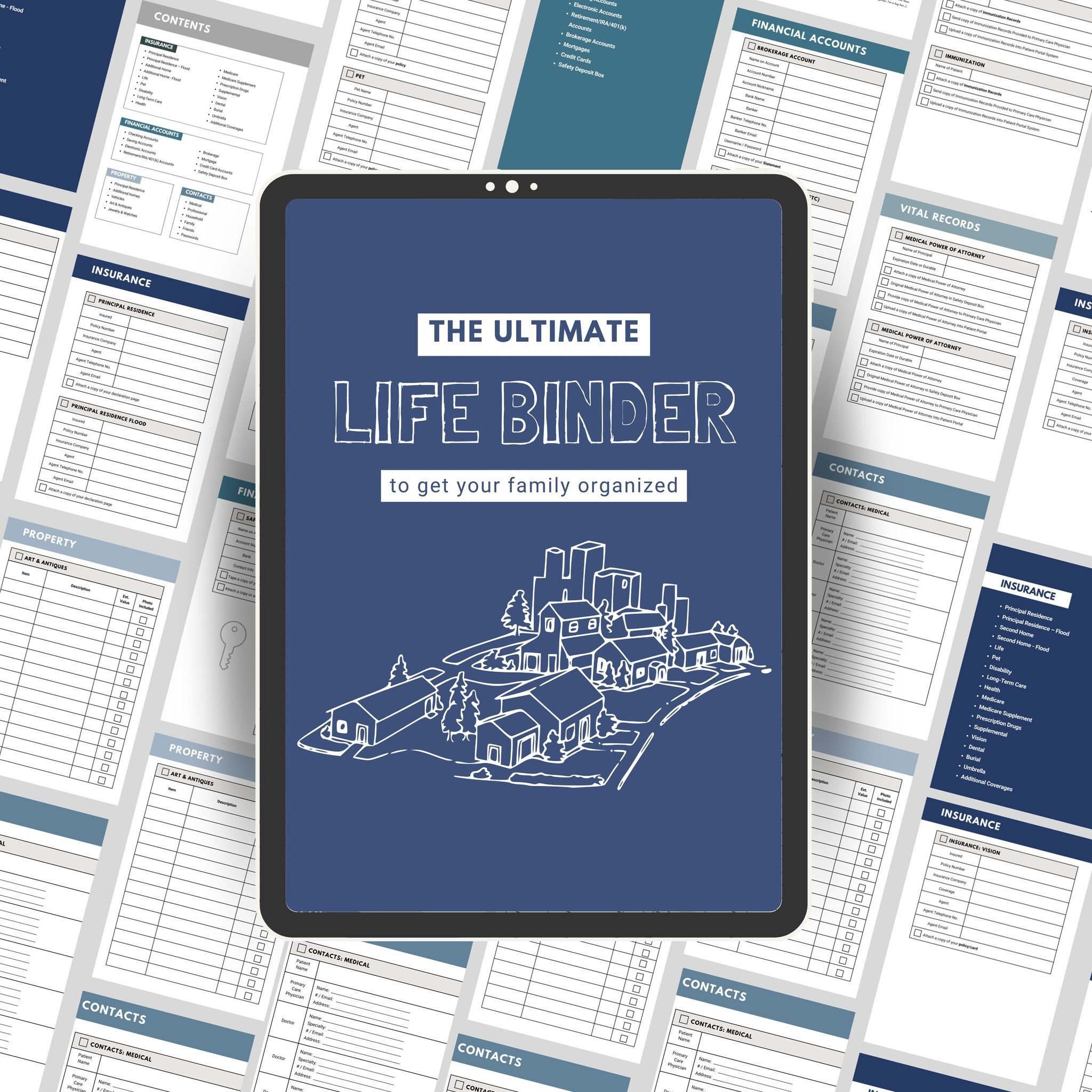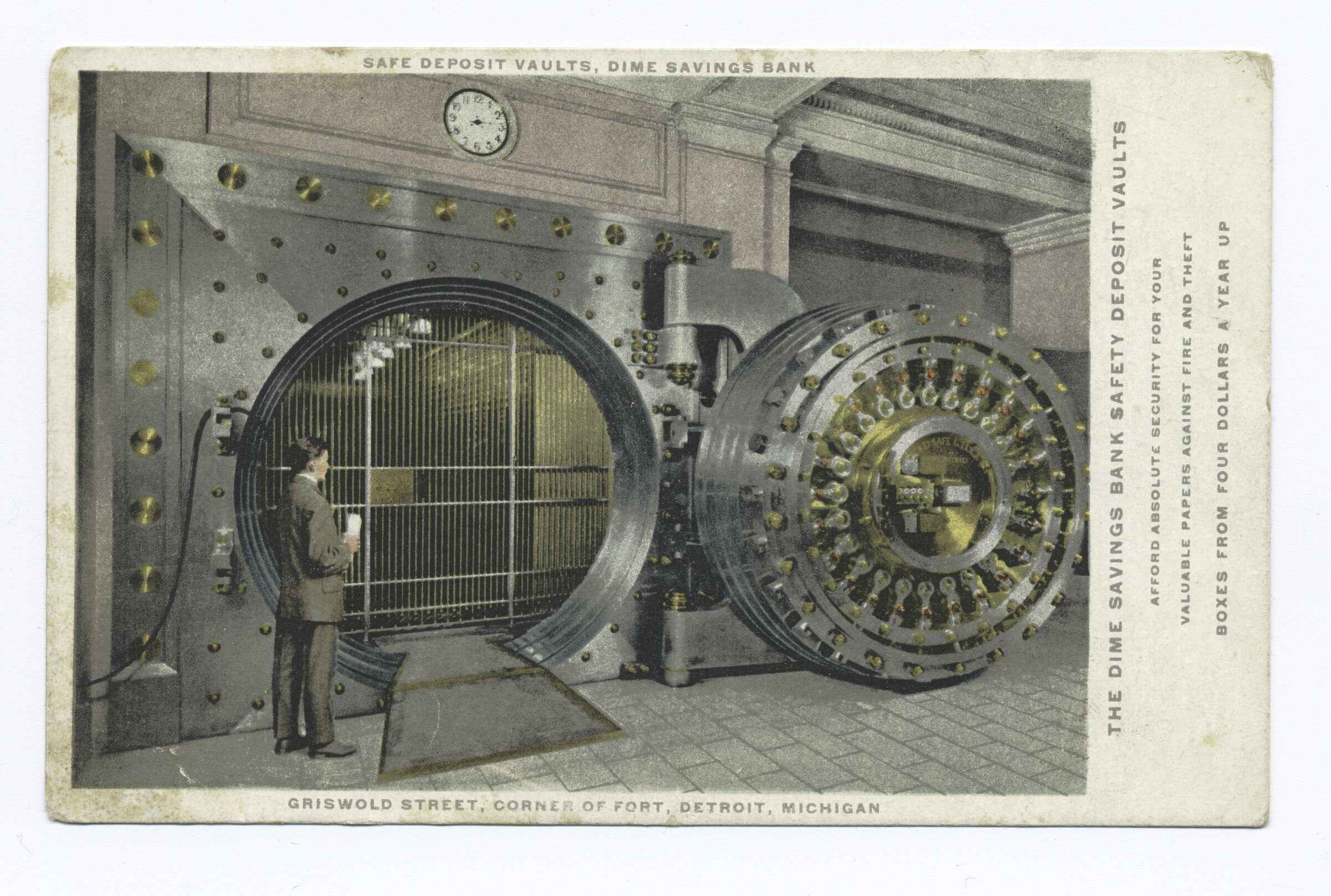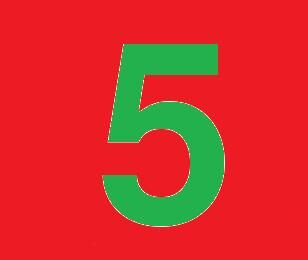Pet Plans When You Die
Pet Plans When You Die
Like in other parts of your life, we encourage you to plan for your pet in case something happens to you. Your companion, whether it is a dog, cat, horse, rabbit or any other furry or scaly friend, will need care if something happens to you.
How to plan for your pet – who, what, where, when, how
Choose Someone to Take Care of Your Pet
Think of someone and then with who you have chosen and confirm that they agree with your plan. Also, confirm that your friend will actually take care of your pet in the manner you want. And, that your friend’s family is also in agreement. Don’t forget to make sure your friend knows your pet and loves your pet like you do.
Get Your Pet Ready
Introduce your chosen caretaker (and family) to the Ultimate Dog Guide, Ultimate Cat Guide, or Ultimate Pet Guide and input all of the important information for your pet. Review the guide with your friend and family and confirm again that they are the right person to care for your companion. Some people may not be up to it if your pet has special needs. Get your friend to answer honestly. This is a BIG decision for you.
Will Change or Trust?
If your friend does not have the means, or if you think paying for your pet may cause resentment in your friend, change your will to include funds for your pet. Also, specifically designate your pet is going to your friend in your will. You can also create a trust for your pet and provide funds that will pay for pet care. Add in veterinarian visits and care as outlined in the Ultimate Pet Guide – like medications, grooming, treats, boarding if your chosen caretaker goes on vacation. Don’t forget you may want to prepare and designate a burial place for your pet.
Pet Insurance
For added peace of mind, consider pet insurance that is for emergencies and also routine care.
Don’t let your best friend and pet go to a shelter if you die or are too sick to care for it. Make a plan now.
Have you completed your own Ultimate Life Guide?












